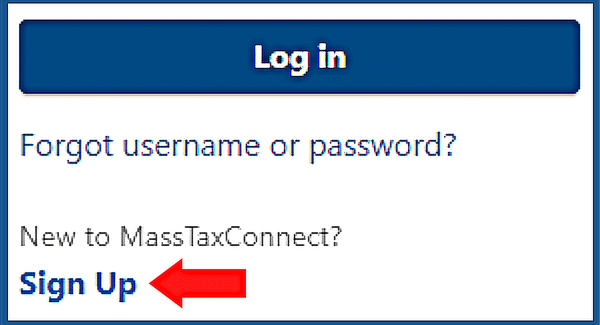In each of the following examples, the landscaper is a contractor and the sales are exempt from sales tax to the landscaper’s customer.
1. Bob’s Landscaping performs lawn care services for customers including:
- Spring and fall cleanup
- Lawn seeding
- Sod installation
- Mowing and trimming
- Spreading bark mulch
- Aerating
- Dethatching and
- Power raking.
The services are not taxable to the customers and the landscaper is considered the consumer of all of the mulch, seed, sod and any other material purchased to perform the services for which Bob’s Landscaping was hired. Sales or use tax is due on the price paid by the landscaper to the vendor(s).
2. Bob’s Landscaping provides a customer seed and also provides the customer with non-taxable services such as:
- Application of the seed and fertilizer and
- Lawn maintenance services.
Bob’s Landscaping is required to pay use tax on the seed.
3. Bob’s Landscaping performs snow removal services and, along with plowing, applies:
- Sand
- Salt and
- De-icing materials to the driveway and walkways.
Bob’s Landscaping bills the customer a lump-sum amount for the snow removal services. The services are not taxable to the customer. The landscaper is considered the consumer of all sand, salt and de-icing materials purchased to perform the services for which he was hired and sales or use tax is due on the total price paid to the vendor(s).
4. Bob’s Landscaping is hired by a customer to furnish, install and care for a tree for a year and charges the customer $300. Bob’s Landscaping purchases a tree from Green’s Nursery for $100. Bob’s Landscaping is a contractor and is considered the final consumer of the tree. Bob’s Landscaping pays the nursery sales tax calculated on the $100 purchase price for the tree. There is no sales tax due on the $300 charge to perform the services for his customer.
5. In addition to providing regular lawn services at an Office Park, Bob’s Landscaping also provides seasonal plantings as part of its annual maintenance contract with the Office Park. The plants and other materials used by Bob’s Landscaping are not separately stated on any invoice to the Office Park. The annual contract for maintenance services is exempt from the sales tax and Bob’s Landscaping must pay sales or use tax on the total price paid to the vendor(s) for the materials.
6. Bob’s Landscaping enters into an agreement with a customer to provide:
- Design services
- Taxable garden plants
- Other materials
- Paving stones for a walkway and
- Labor
to complete a project. Bob’s Landscaping is a contractor and pays the sales or use tax on the materials purchased from its vendor(s). Bob’s Landscaping is considered the consumer of all material purchased to perform the services for which he was hired and sales or use tax is due on the total price paid to his vendor(s) for the materials.
7. Bob’s Landscaping purchases
- Tractors
- Lawn mowers
- Trimmers
- Leaf blowers and
- Hand tools
and rents
- Backhoes and
- Front-end loaders
without operators from Brown’s Equipment Co.
In the event that Brown’s Equipment Co. neglects to charge Bob’s Landscaping sales tax on the purchase or rental of the equipment, Bob’s is required to:
- Accrue use tax and
- File a Form ST-9.
In all of these examples, the landscaper is:
- The consumer of the materials purchased to perform the services for which it was hired and
- Required to pay the sales tax to the vendor(s) on the purchase price of the material.
If you need more information, see the “Contact Us” section below.
In the event that a vendor neglects to charge the sales tax, the landscaper is required to self-accrue use tax and pay over this amount on Form ST-9.
